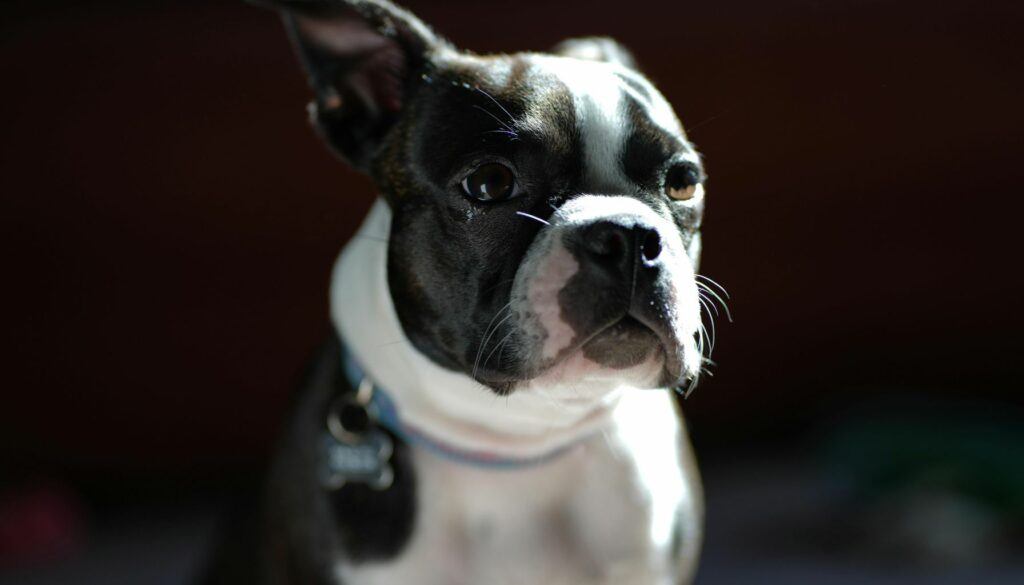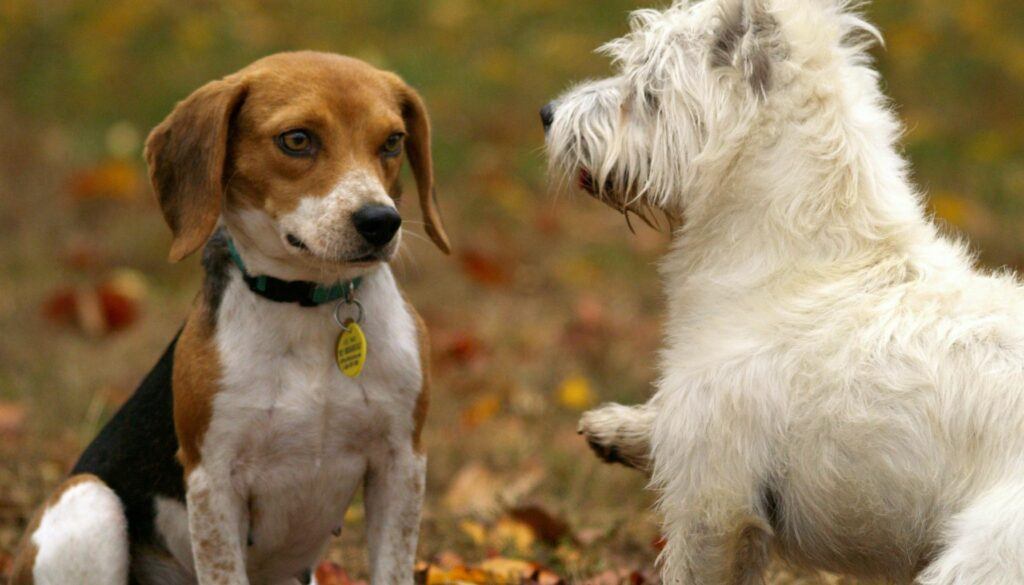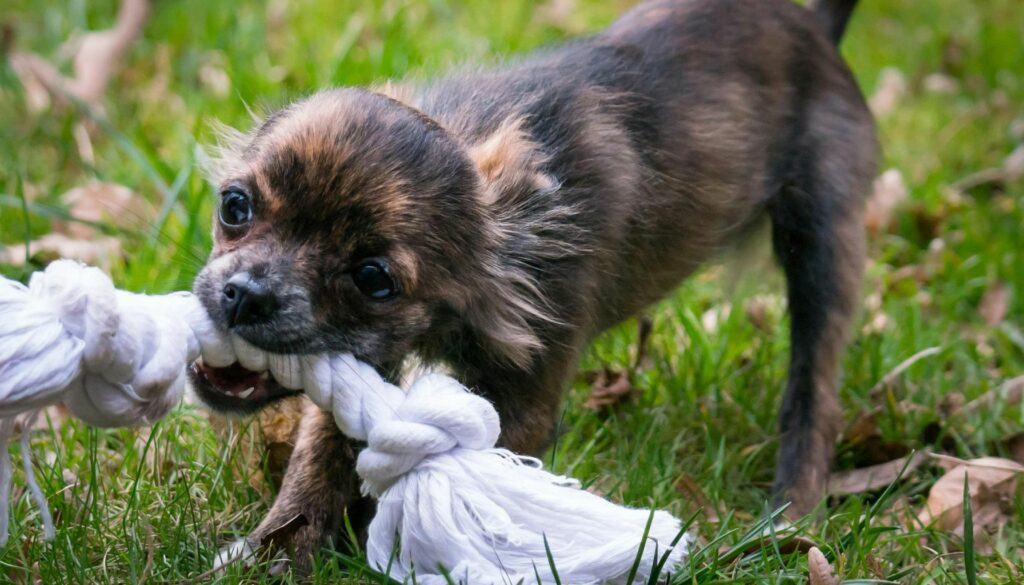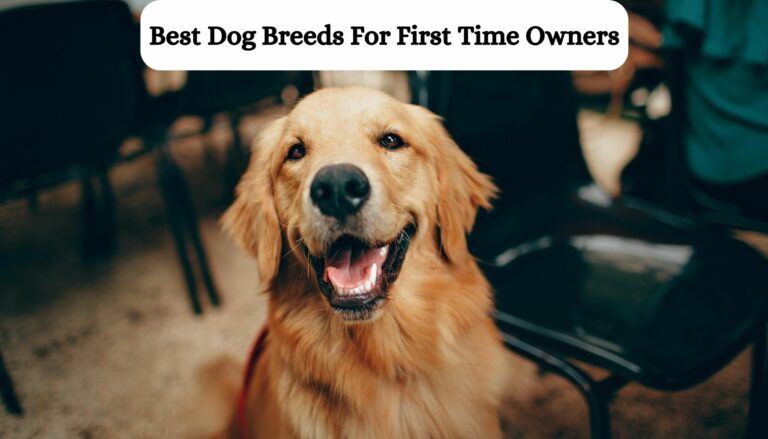Bringing home a new puppy is a very exciting experience, but it comes with a bunch of responsibilities. So in this article, I will show you how to take care of a puppy. And it’s a short 10-step guide!

Article Overview:
1. Gather Essential Supplies
Before your puppy arrives, it’s important to have all the necessary items ready. Some key supplies include:
- Food and water bowls
- Leash, and a collar
- Crate or dog bed
- Chew toys and training treats
- Grooming supplies (brush, shampoo, nail clippers)
- Puppy pads for accidents
Being well-prepared will help you focus on bonding with your new puppy.
2. Set Up a Safe Space
Setting up a comfortable and secure area for your puppy is vital. Crates are especially helpful for providing a safe space and assisting with potty training. Place the crate or bed in a quiet area where your puppy can rest undisturbed.
3. Schedule a Vet Visit
Your puppy’s first vet visit should be scheduled within the first week. The vet will help you with:
- Vaccination schedules
- Microchipping
- Nutrition advice
- Spaying or neutering information
This initial visit will ensure your puppy gets off to a healthy start.

4. Feed a Balanced Diet
Choosing a high-quality puppy food is critical for your dog’s development and overall health. Here’s how to maintain a proper feeding routine:
- Offer 3-4 meals a day, depending on their age.
- Always provide fresh water.
- Avoid feeding them human food.
5. Establish a Bathroom Routine
Potty training should begin as soon as your puppy arrives. To make the process easier, follow these steps:
- Take them outside frequently, especially after eating and napping.
- Use the same spot each time to create an association.
- Offer praise and treats for going in the right spot.
- Be patient, as accidents are normal during the learning process.
6. Begin Socialization and Training Early
Introducing your puppy to new environments, people, and other pets will help them become well-rounded. Early training with commands like “sit” and “stay” will also set the foundation for good behavior.

7. Regular Grooming and Hygiene
Routine grooming keeps your puppy clean and healthy. Make sure to:
- Brush their coat regularly to prevent tangles.
- Trim their nails to avoid overgrowth.
- Brush their teeth to promote dental health.
8. Exercise and Playtime
Puppies have lots of energy, so regular playtime and short walks are important. Buy some toys (like I mentioned before) to let them have something to chew on, and they love to play catch with them. My dog loved it when he was a puppy. It’s still his favorite little game.
It also helps them to keep them mentally stimulated and prevent boredom.

9. Create a Sleep Schedule
Puppies need lots of sleep to grow and develop properly. Make a consistent sleep schedule, and then u decide where your puppy can sleep. For example, my dog, when he was a puppy, he slept anywhere, he was just happy to be around.
Also, even if you don’t have to overthink where to place your dog’s bed aka the space where they will sleep. Don’t disturb them, let them sleep, if you have kids, then make sure that they don’t disturb your puppy’s sleep time, because they need it.
A puppy needs to sleep between 18–19 hours a day, so let them sleep. Also, this helps your puppy adjust to sleeping through the night and improves overall behavior.
10. Get Pet Insurance
Unexpected medical bills can arise when raising a puppy, making pet insurance an important consideration. Pet insurance can cover accidents, illnesses, and sometimes even wellness visits. Investing in insurance early on will give you peace of mind knowing you can handle any unexpected health issues.m.
Key Takeaways:
- Prepare Supplies: Make sure you have all the essentials before your puppy comes home.
- Routine is Key: Stick to a feeding, training, and bathroom schedule to help your puppy adjust.
- Health Care: Start vet visits early for vaccinations and general health.
- Socialize and Train: Begin socializing and basic training right away for a well-behaved puppy.
- Exercise and Play: Give your puppy plenty of opportunities for physical and mental stimulation.
FAQ Section
Where should a puppy sleep the first night?
Your puppy should sleep in a crate or bed close to you to help them feel secure and adjust to their new surroundings during the first nights.
What not to do when taking care of a puppy?
Avoid overwhelming your puppy with too many new experiences, xfdon’t punish them for mistakes, and never leave them unsupervised in unsafe areas where they could get into trouble.
Should I let my puppy roam free in the house?
No, it’s best to confine your puppy to one room or area at first. Gradually increase their access to the house as they learn boundaries and complete house training.
What age can a puppy roam the house?
Around six months, once your puppy is reliably potty trained and responds well to basic commands, they can start having more freedom to explore the house.
Should puppies sleep in the dark?
Yes, puppies can sleep in the dark. If they seem anxious, a dim nightlight can help ease them, but most will adjust well to sleeping without a light.
Should I lock my puppy in his crate at night?
Yes, crating your puppy at night helps with potty training and prevents them from wandering. Ensure the crate is comfortable and never used as punishment.






